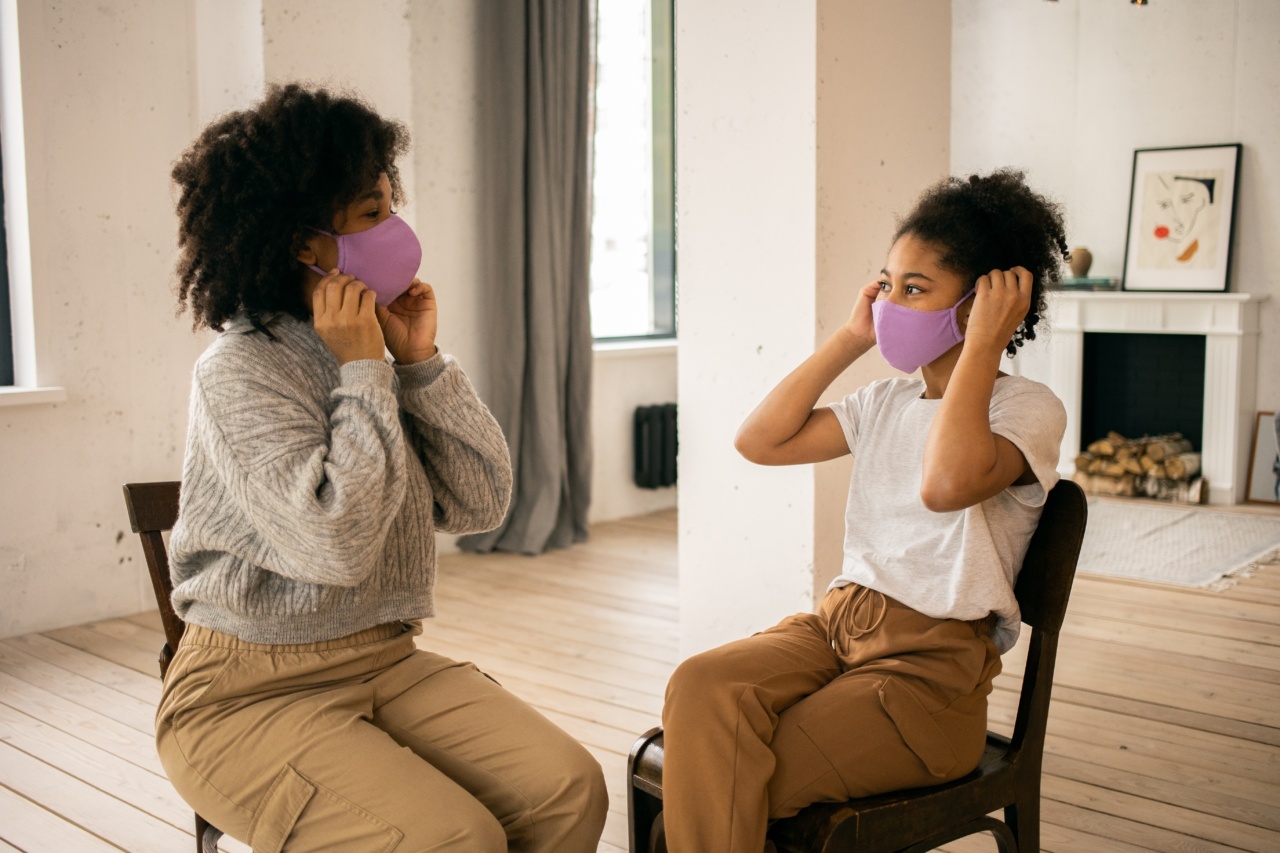Homeopathy is a system of natural healing that uses extremely diluted substances to relieve symptoms. It is a popular alternative medicine treatment for many conditions, including allergies, infections, and respiratory issues.
The practice has been controversial, with critics questioning its effectiveness and safety, particularly when it comes to administering it to children. This article explores the safety of homeopathy treatment in children.
What is Homeopathy?
Homeopathy is a system of medicine founded in the late 18th century by Samuel Hahnemann, a German physician. The practice involves the administration of very small amounts of natural substances, such as plants, minerals, and animals.
These dilutions are believed to stimulate the body’s self-healing mechanisms.
In the United States, homeopathic remedies are regulated by the Food and Drug Administration (FDA) as over-the-counter (OTC) drugs.
These remedies are made from various plant, mineral, and animal substances, and are prepared according to the guidelines of the Homeopathic Pharmacopoeia of the United States (HPUS).
Is Homeopathy Safe for Kids?
Homeopathy is generally considered safe for children. Like any medical treatment, however, it is important to use caution and seek guidance from a qualified practitioner.
Unlike traditional medicines, homeopathic remedies are extremely diluted, making them less likely to cause adverse effects. Additionally, they do not have the side effects associated with prescription drugs.
Parents should exercise caution when giving their children homeopathic remedies and should consult with a qualified practitioner who can provide a proper diagnosis and appropriate treatment plan.
Homeopathy should never be used as a replacement for conventional treatment when a child’s safety or life is at risk.
Benefits of Homeopathy for Kids
Homeopathy offers many benefits for children, including:.
- No harmful side effects
- Gentle treatment
- Customizable to the child’s unique needs
- Can be used to treat a wide range of symptoms and conditions
- Non-invasive
Homeopathic remedies are also often less expensive than traditional medications, making them a viable alternative for parents who want to avoid high medical costs.
Risks of Homeopathy for Kids
While homeopathy is generally considered safe, there are some risks associated with the practice, particularly when it comes to administering remedies without the guidance of a qualified practitioner. Some potential risks include:.
- Using the wrong remedy, which may exacerbate symptoms instead of relieving them
- Delaying proper diagnosis and treatment of a serious illness
- Neglecting proper medical care when it is needed
It is important for parents to discuss the use of homeopathy with a qualified practitioner and to seek medical care when necessary.
When to Use Homeopathy for Kids
Homeopathy can be used to treat a wide range of conditions in children, including colds, ear infections, allergies, and digestive issues.
It can also be used to help with emotional and behavioral issues, such as anxiety, hyperactivity, and sleep problems. Homeopathic remedies are particularly useful for children who are sensitive or who have adverse reactions to traditional medications.
Parents should always consult with a qualified practitioner before using homeopathy to treat their child’s symptoms. A practitioner can provide a proper diagnosis and create a treatment plan that is tailored to the child’s unique needs.
Conclusion
Homeopathy is generally considered safe for children and can offer a range of benefits for a wide variety of conditions.
It is important for parents to exercise caution and seek guidance from a qualified practitioner when using homeopathy to treat their child’s symptoms. As with any medical treatment, homeopathy should never be used as a replacement for proper medical care when a child’s safety or life is at risk.






























